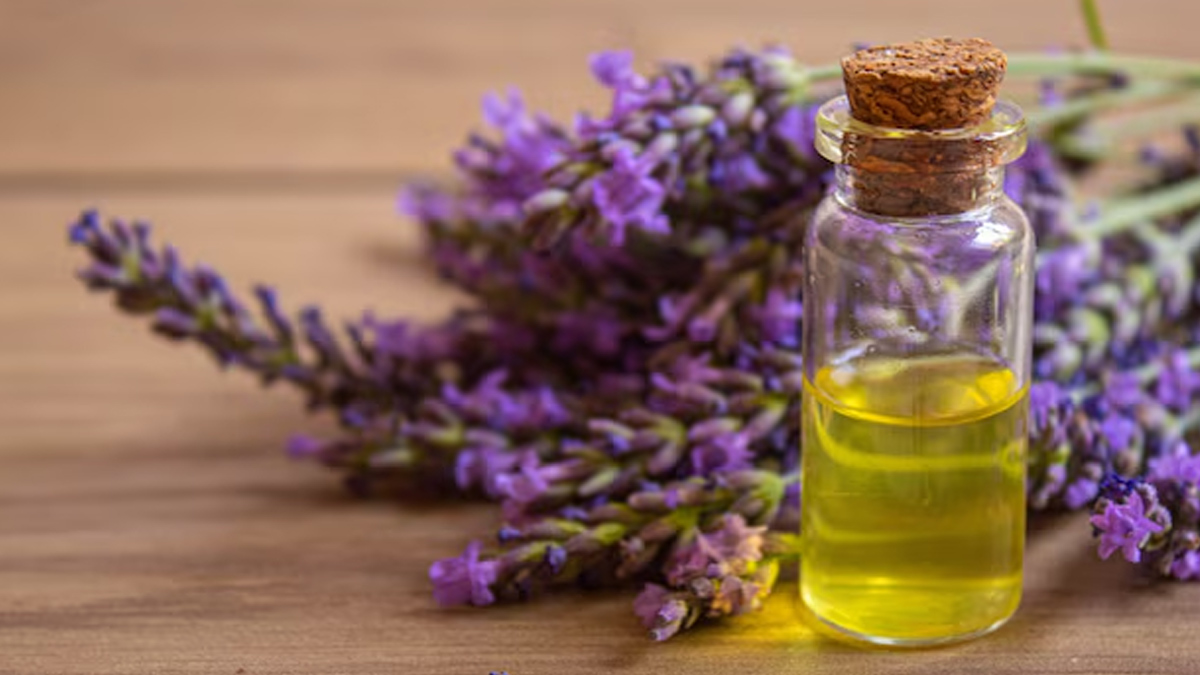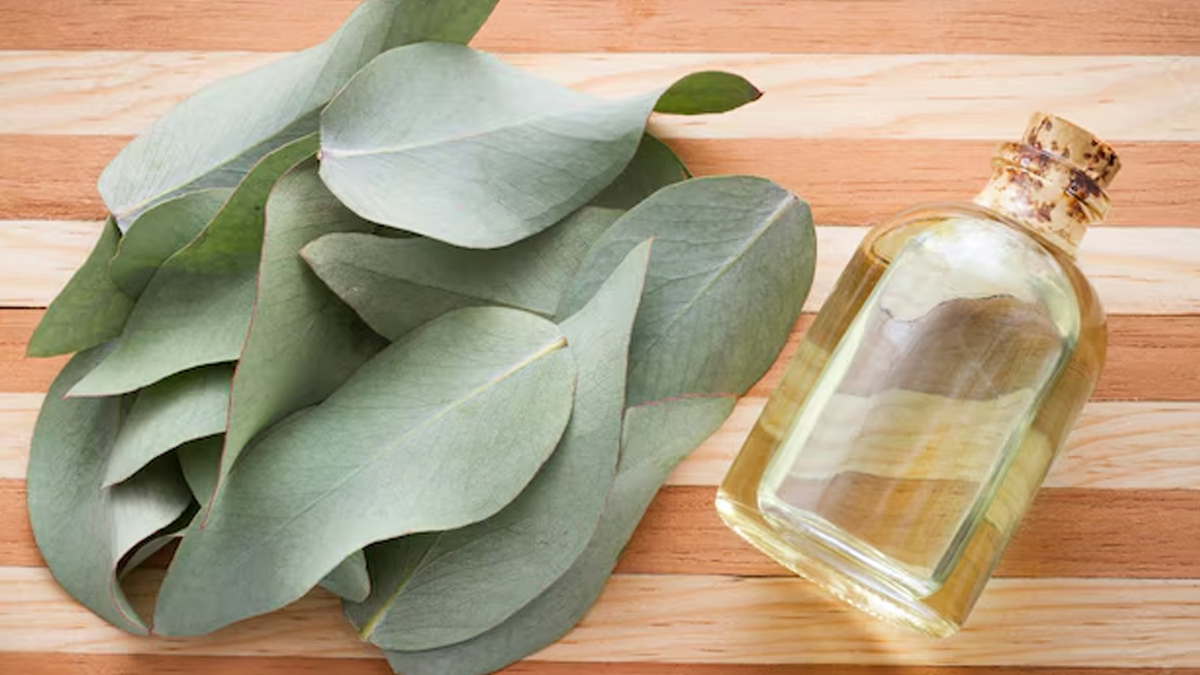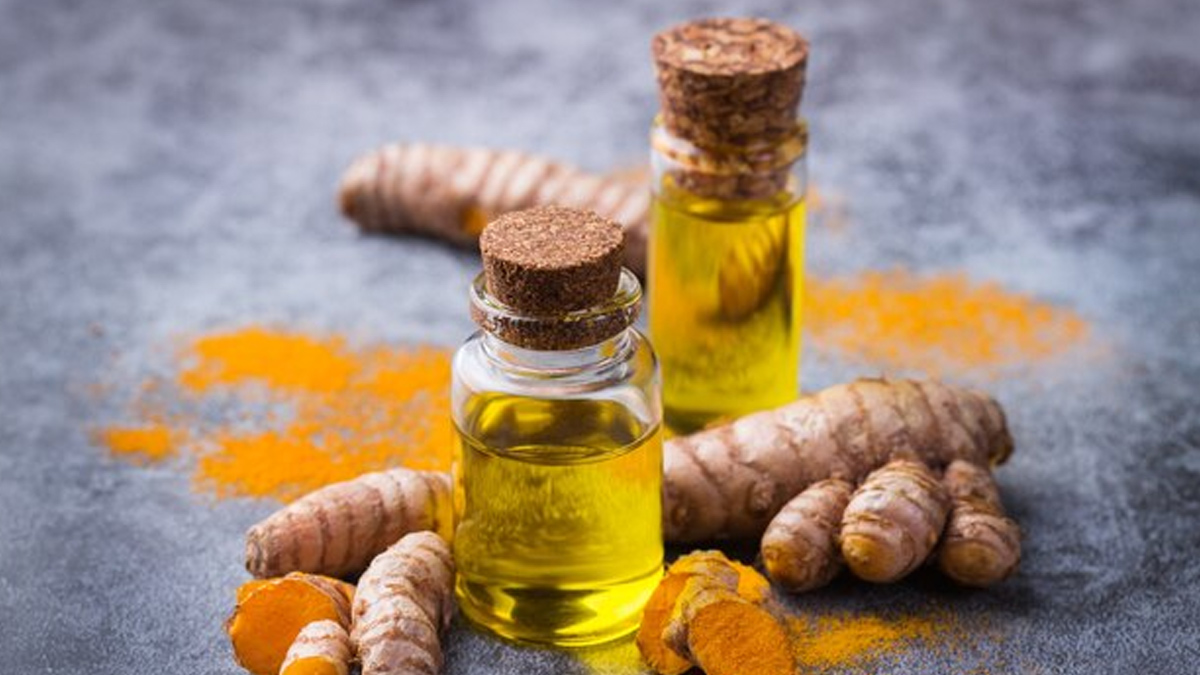
Are you tired of finding yourself dealing with that nagging pain in your joints after a long day, or feeling the pressure build up in your body from stress? Inflammation is the body’s normal reaction to injury, infection, or stress. While it’s a vital part of the immune system’s defence, chronic inflammation can lead to a range of health issues, including arthritis, cardiovascular diseases, and autoimmune disorders. If you're looking for natural ways to reduce this inflammation, essential oils can be a great rescue. These tiny bottles of plant power have been used for centuries to help with everything from relaxation to pain relief. Here are six essential oils that can help tackle inflammation and improve your overall well-being.
Table of Content:-
According to the National Institute of Environmental Health Sciences, inflammation is a natural response of the body to injury or infection, and it plays an important role in defence. However, it becomes harmful when it affects healthy tissues or persists for an extended period.
Essential Oils To Reduce Inflammation In Body

According to a 2020 study, essential oils from plants can help reduce inflammation by regulating the release of inflammatory cytokines involved in various signalling pathways. These herbal essential oils are anticipated to be developed into effective anti-inflammatory treatments.
1. Lavender Essential Oil

Lavender oil is widely known for its calming and relaxing properties, but it’s also a potent anti-inflammatory agent. This oil can reduce inflammation in the body by lowering inflammatory markers and helping ease the discomfort of inflammatory conditions. Its gentle, soothing scent makes it a great addition to relaxation routines, especially after a long day. By inhaling lavender oil, or applying it topically when diluted with a carrier oil, you can reduce inflammation caused by conditions like arthritis and muscle soreness.
Also Read: The Science Behind Scents: Why Aromatherapy Works for Mental Health
2. Peppermint Essential Oil
Peppermint oil is another fantastic option for fighting inflammation. According to a 2022 study, Peppermint essential oil may help reduce excessive inflammation and relieve atopic dermatitis-like lesions. Additionally, menthol in peppermint oil has been shown to decrease inflammation and lessen oxidative stress. Also, peppermint oil can also ease tension headaches and migraines, which are often linked to inflammation of the blood vessels in the brain.
3. Eucalyptus Essential Oil

Eucalyptus oil is known for its refreshing, minty aroma and its ability to promote respiratory health. It possesses strong anti-inflammatory and analgesic properties, making it effective for conditions, such as asthma, sinusitis, and muscle inflammation. When applied to the skin, eucalyptus oil can reduce swelling and soothe muscle aches and pains. For those suffering from conditions like Chronic Obstructive Pulmonary Disease (COPD) or bronchitis, eucalyptus oil can provide much-needed relief by reducing inflammation in the lungs.
4. Ginger Essential Oil
Ginger essential oil is derived from the rhizome of the ginger plant, which is widely known for its anti-inflammatory and antioxidant properties. According to a 2017 study, ginger and its extracts have long been used as traditional anti-inflammatory remedies, especially due to the medicinal properties of its phenolic compounds, known as gingerols. This oil can reduce inflammation in conditions like osteoarthritis, rheumatoid arthritis, and even gastrointestinal inflammation.
Also Read: Essential Oils Guide: Expert Shares Perfect Match For Oily, Dry and Combination Skin Type
5. Turmeric Essential Oil

Turmeric is well-known for its anti-inflammatory properties, mainly because of curcumin, a strong compound found in the root. Turmeric essential oil provides similar benefits without the need to ingest it. It's especially effective for reducing inflammation from conditions like arthritis, tendonitis, and muscle strains. It can be applied to sore areas or used in aromatherapy for overall wellness.
6. Frankincense Essential Oil
Frankincense oil is a strong anti-inflammatory oil with a long history of use in traditional medicine. It contains boswellic acids, which help reduce the production of inflammatory molecules in the body. Frankincense is commonly used for conditions like arthritis, asthma, and eczema. It also promotes emotional well-being, which can help manage stress-related inflammation.
How to Use Essential Oils for Inflammation
There are several ways to use essential oils for inflammation, depending on your preference and the condition you're addressing. Here are some common methods:
- Topical application: Mix essential oils with carrier oil, like coconut or jojoba oil, and apply to the affected area. This approach is perfect for addressing localised inflammation, such as joint pain or muscle soreness.
- Aromatherapy: Diffuse essential oils in your home to breathe in their healing properties. This is especially useful for respiratory inflammation or emotional stress that may be contributing to inflammation.
- Baths: Add a few drops of essential oil to your bathwater for a soothing, full-body treatment. This is particularly helpful for soothing aching muscles and calming the nervous system.
[Disclaimer: This article contains information for informational purposes only. Hence, we advise you to consult your professional if you are dealing with any health issues to avoid complications.]
Also watch this video
How we keep this article up to date:
We work with experts and keep a close eye on the latest in health and wellness. Whenever there is a new research or helpful information, we update our articles with accurate and useful advice.
Current Version